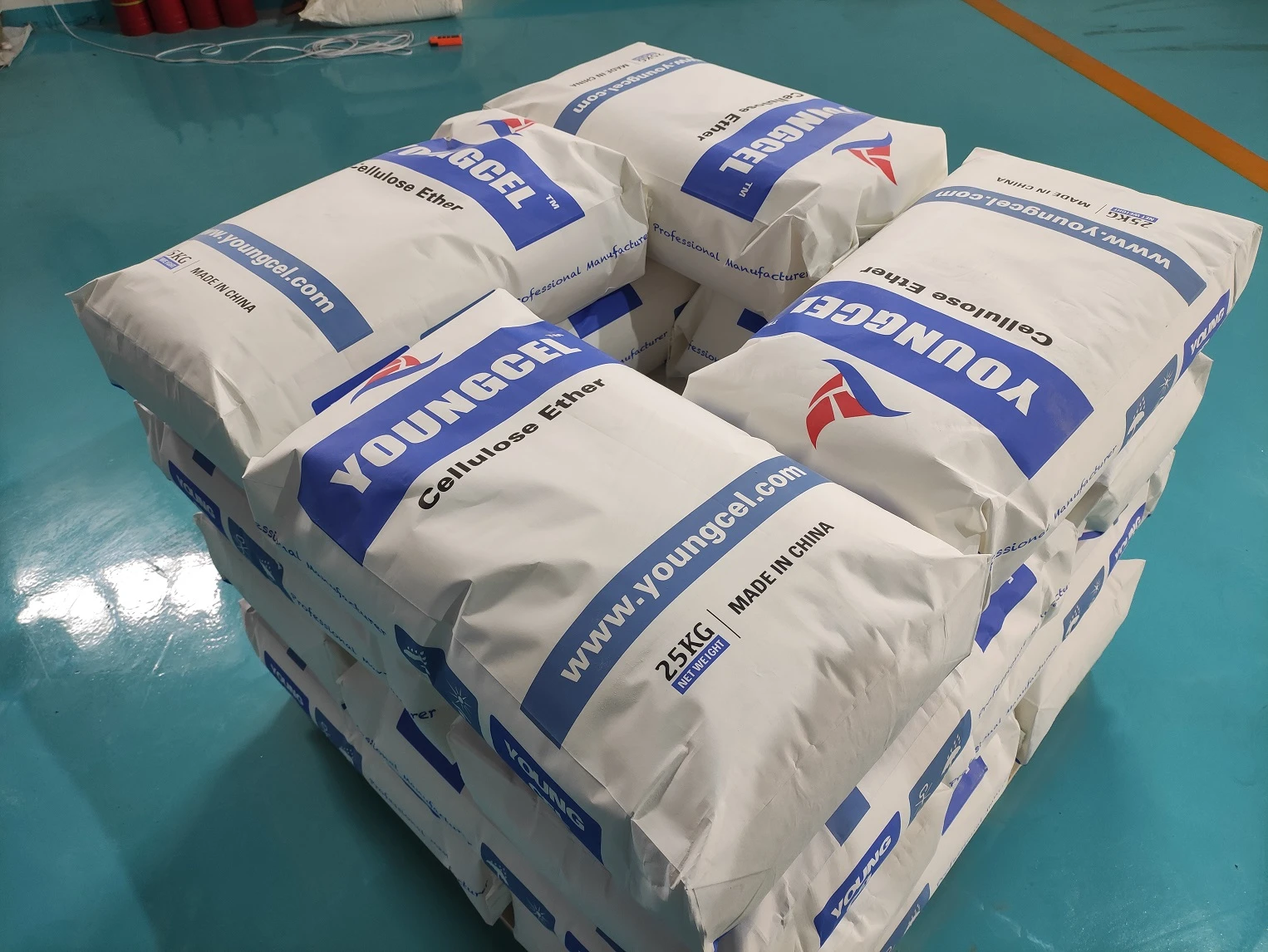Understanding Cement Thickeners Their Composition and Importance in Construction
Cement thickeners play a crucial role in the construction industry, particularly in the formulation and application of various cement-based products. These additives enhance the performance and functionality of the cement mixture, improving its workability and overall durability. This article delves into the composition, function, and significance of cement thickeners, while also exploring their impact on construction projects.
What are Cement Thickeners?
Cement thickeners are substances added to cement mixtures to increase their viscosity and improve the handling characteristics of the mix. They are typically incorporated into cement slurries, mortars, joint compounds, and other cement-based products. By increasing the thickness of the mixture, thickeners help control water retention, reduce segregation, and enhance adhesion properties.
The primary components of cement thickeners include cellulose derivatives (like hydroxyethyl cellulose or hydroxypropyl methylcellulose), acrylic polymers, and natural gums. These materials modify the physical properties of the mixture, making it easier to apply and work with while ensuring that the cement maintains its strength and bonding capacity.
Importance of Cement Thickeners in Construction
1. Improved Workability One of the key benefits of cement thickeners is their ability to enhance the workability of cement mixtures. A thicker consistency allows for more effortless application, reducing the chances of spills or inconsistencies during the mixing and pouring processes. This attribute is particularly important in large-scale construction projects where precision is essential.
2. Water Retention Cement thickeners help retain water in the mixture, which is crucial for the hydration process of the cement. Proper water retention prevents the mixture from drying out too quickly, allowing for effective curing, which ultimately leads to stronger and more durable concrete.
3. Reduced Segregation During the mixing process, lighter materials can often separate from heavier components, leading to segregation. Cement thickeners help prevent this by increasing the viscosity of the mixture, ensuring a more uniform blend of materials. This uniformity is vital for achieving the desired physical properties in the final product.
cement thickener

4. Enhanced Adhesion Thickeners improve the adhesive properties of cement and mortar, making it easier to bond with different substrates. This is particularly advantageous in applications such as tile setting, where strong adhesion is required to maintain the integrity of the installation over time.
5. Enhanced Durability The addition of thickeners can also contribute to the long-term durability of cement-based products. By ensuring proper water retention and reducing the risk of segregation, thickeners help prevent cracking and improve resistance to environmental factors like moisture and temperature fluctuations.
Applications of Cement Thickeners
Cement thickeners are used in a variety of construction applications, including
- Concrete and Mortar They are commonly added to concrete and mortar mixes for both structural and decorative applications. Thickeners contribute to better consistency and physical performance.
- Joint Compounds In drywall and plaster applications, thickeners improve the application characteristics of joint compounds, allowing for smoother finishes and reduced likelihood of cracking.
- Grouts In tile and stone installations, thickeners contribute to improved adhesion and water resistance, essential for long-lasting finishes.
Conclusion
Cement thickeners are indispensable additives in modern construction materials, offering numerous benefits that enhance the performance of cement mixes. Their ability to improve workability, promote water retention, reduce segregation, enhance adhesion, and contribute to long-term durability makes them vital for achieving high-quality construction outcomes. As the construction industry continues to evolve, the importance of understanding and utilizing thickeners in cement formulations cannot be overstated. By leveraging the advantages these additives provide, builders and engineers can ensure safer, more durable, and efficient structures, paving the way for sustainable growth in the sector.
-
Rdp Powder: Key Considerations for Wholesalers in the Building Materials IndustryNewsJul.08,2025
-
Key Considerations for Wholesalers: Navigating the World of Hpmc - Based ProductsNewsJul.08,2025
-
Hpmc Detergent: Key Considerations for WholesalersNewsJul.08,2025
-
Key Considerations for Wholesalers: China Hpmc For Tile Adhesive, Coating Additives, Concrete Additives, and MoreNewsJul.08,2025
-
Crucial Considerations for Wholesalers: Navigating the World of Construction MaterialsNewsJul.08,2025
-
Key Considerations for Wholesalers Sourcing Additive For Cement, Additive For Concrete, Additive For Putty from Additive Manufacturer Shijiazhuang Gaocheng District Yongfeng Cellulose Co., Ltd.NewsJul.08,2025




